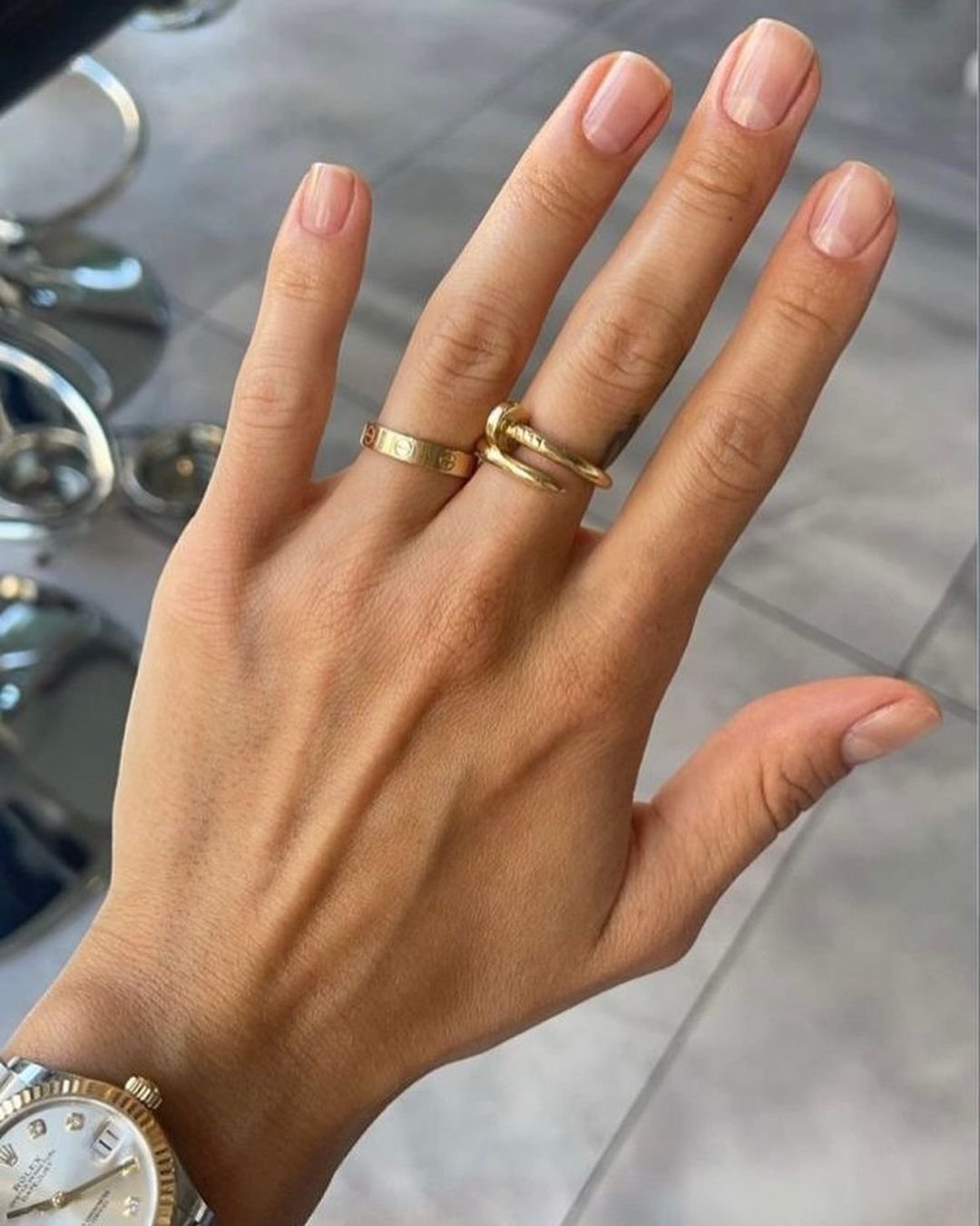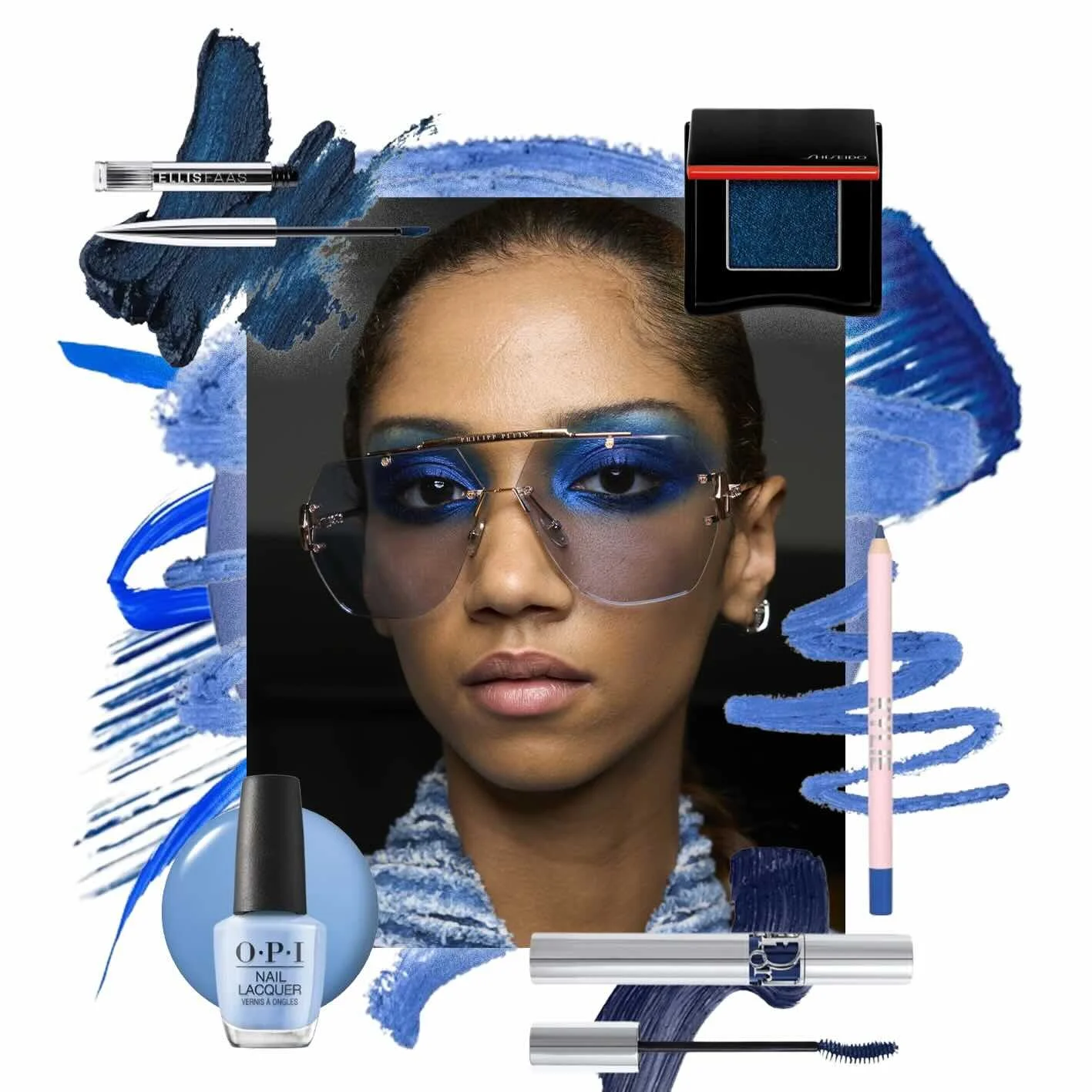Today mental health is in crisis. More and more people need help, and clever millennial-savvy brands are taking to the digital space to boost awareness and accessibility. After all, not everyone can afford expensive one-on-one therapy or have access to top medical care. Editor Trudi Brewer shares how these apps could be life savers.
Mental health experts have never been more in demand, yet access to quality care is more challenging than ever. According to Grand View Research, the pandemic expanded the global mental health app market by 54.6 per cent between 2019 and 2021. In dollars, its estimated worth in 2023 will be $5.2 billion. No doubt anxiety and depression are on the rise, and so are therapy prices. Ranging from $60 to $250 an hour, this necessary service should not be out of people’s reach. So are self-help apps the answer? The list below aims to provide extra daily care to traditional therapy, including simple relaxation techniques, breathing to de-stressing, online therapy and couple counselling. All valuable resources and support for those struggling. Here are the top-rated apps and what they offer.
Headspace
Founded in 2010, it’s been on the top ten list globally since launch, with a 4.8 out of five-star rating on the Apple store; this platform reaches 100 million people. Headspace offers daily mindfulness exercises and guided meditations for ongoing mental health care. The best feature is that you can implement a daily practice that only takes a few minutes. And more good news, Headspace merged with mental telehealth company Ginger in 2021, which provides text-based chats, self-guided activities and video-based therapy.
Cost: Free
Mindshift
Another top rating app, it uses cognitive-based techniques to help you reframe your anxious thoughts with great tools, including a thought journal, a chill zone with guided meditations, and a “quick relief” if you feel overwhelmed or alone. In addition, this app aims to help you create and connect with people in a support network going through the same challenges.
Cost: Free
Happify
This positive psychology app will send you new challenges based on your goals, including improving relationships, managing stress or increasing work satisfaction. Created to help you overcome negative thoughts and anxiety, improve your sleep and offer advice on building positive relationships to live a happier life.
Costs: $25 per month.
What’s Up
Following CBT cognitive-behavioural therapy and ACT acceptance commitment therapy methods to help you cope with stress, depression, anxiety, and anger. Its modern design and easy-to-follow strategies offer great online help for your well-being in seconds. It also shares tools to help put your problems in perspective if you’re feeling overwhelmed while allowing you to track your positive and negative habits, which can often become a burden.
Cost: free, with the option to donate.
Wondermind
Selena Gomez brought the website Wondermind to market in April 2022, along with Mandy Teefey and The Newsette founder Daniella Pierson. The brand refers to Wondermind as “the world’s first mental health ecosystem,” which provides content, resources and a three-times-weekly EDM newsletter. With more than 270,000 active newsletter subscribers, the platform secured a $5 million Series A fund led by Serena Williams’ VC firm Serena Ventures, in August 2022. Once you sign up, that email arrives three times a week with advice and guidance for overcoming stigma, shifting your mindset, and getting the support you need, whatever that looks like for you. The brand says, “Less jargon—more meaningful, relatable stuff you can use.”
Cost: free. It’s online EDM that comes to your inbox three times a week.
The pros and cons of mental health apps
There are many pros to apps to help you manage your mental health and well-being; according to a psychiatrist, Michael Chon, “The pros include convenience as you can use the app anytime and anywhere, plus many offer anonymity, a possible lower cost than therapy and more.” But, at the same time, there are cons too. “The cons may be effectiveness, privacy concerns, lack of regulation, and apps may not be suitable for those with serious psychiatric disorders,” he says.
While apps will never take the place of personalised care from a licensed mental health practitioner, while this sector is under the pump, it’s worth starting your mental health journey with an app that suits your lifestyle. Every app we feature also suggests moving; remember exercise releases endorphins, which have positive mood-boosting effects. Eating nutritious foods and taking a break from technology to decrease blue light exposure, which has been linked to insomnia. We think these apps must be a step in the right direction for anyone’s mental wellness.





















The latest designer scent.